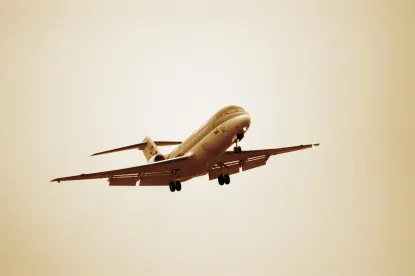In connection with the July 13 announcement surrounding phasing in routine consular services, there have been postings on consular websites further defining what will be considered “national interest” for purposes of obtaining an exemption to President Trump’s March 11 Proclamation suspending travel from the Schengen area into the United States. While the original announcement from the Department of State does not appear online at this time, U.S. embassies in Luxembourg and Bratislava both reference a July 10 announcement from Washington permitting certain travelers from Schengen countries to resume travel to the United States beginning July 15 after receiving an exemption. The U.S. embassy in Vienna also states that national interest exemptions are available, but it does not reference a July 10 announcement from Washington. The announcement identifies those traveling as students (F-1 and M-1), researchers (certain J-1 programs), investors (E-2), or business travelers (B-1) may be eligible for the exemption. This will be welcome news for those executives and investors who have been unable to return to the United States for months. Students and academics seeking to re-enter the United States for the Fall semester will also be happy to see they are included in the new definition of national interest. L-1 and O-1 visa holders are not specifically mentioned in the opening paragraph of the announcement and hence do not appear to be eligible to apply for the national interest exemption (NIE) at this time.
The announcement states travelers falling into the following categories may be considered for the NIE: Economic, Investors, Students, and Academics. The “Economic” classification appears to be the largest and is defined as “temporary travel that provides a substantial economic benefit to the U.S.” The posting provides examples such as technical experts, senior-level manager and executives, as well as professional athletes. The exemption granted to travelers falling into the economic and investor categories will be limited to one entry that must be made within 30 days of approval. All future travel will require a new exemption request. The exemption granted to students and researchers will be valid for multiple entries. Dependents of all but technical expert and specialist categories are also eligible for the exemption.
Students with valid visas and I-20s may travel to the United States and apply for admission without requesting the exemption from the consulate. All other travelers who have ESTA or hold a valid visa in one of the specified categories must obtain the exemption from the consulate prior to seeking entry to the United States. Travelers without a visa who believe they qualify for the exemption should apply for their visa as normal.
At this time the announcement references an exemption to the travel ban proclamation only and not the June 22 proclamation limiting issuance of new non-immigrant visas in certain classifications. The non-immigrant visa proclamation also has its own national interest exemption, and the recent announcement may expand to the new visa issuance as well. Thus far, the announcement has been made by a limited number of U.S. embassies in the Schengen area only.



 />i
/>i

